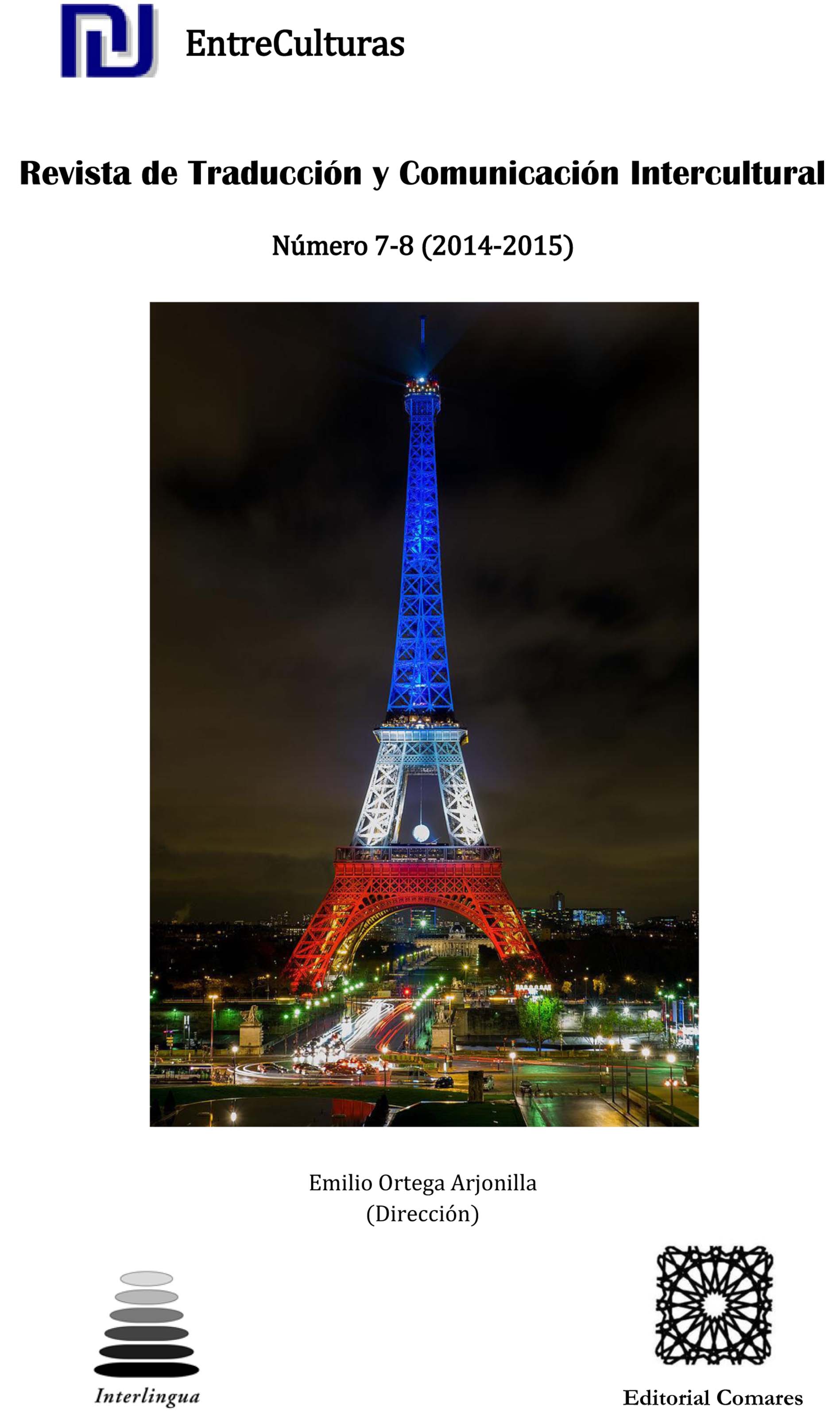LA NEUROLINGÜÍSTICA APLICADA A LA DIDÁCTICA DE LENGUAS EXTRANJERAS: LOS SISTEMAS DE MEMORIAS Y SUS IMPLICACIONES DIDÁCTICAS
DOI:
https://doi.org/10.24310/Entreculturasertci.vi7-8.11331Keywords:
Neurolinguistics, Memory, System, Foreign Languages Didactics, LearningAbstract
The reflections on Neurolinguistics applied to the study of language acquisition processes in individuals since the 70's, as well as the study of cognitive aspects, biological and affective variables and of the social aspects allow us to grasp an understanding, in the field of didactics of foreign languages, brain processes related to the development of linguistics skills and competences, the distinctiveness of the processes of language acquisition and learning, and the development of cognitive skills. In this way, we intend to account for the importance of considering, in our daily teaching activities, the complexity of the processes occurring in the development of cognitive skills in a foreign language; the main focus of this study being the functioning of memory building systems and its didactic implications.
Downloads
Metrics
References
Ausubel-Novak-Hanesian (1983). Psicología Educativa: Un punto de vista cognoscitivo. 2da. Edición. México, Ed. Trillas.
Baddeley, Alan D. (2007). Working memory, thought and action. USA, Ed. Oxford University Press.
Bogaards, Paul (1991). Aptitude et affectivité dans l’apprentissage des langues étrangères. France, Ed. Hatier/Didier.
Bourgine, Benôit et al. (2012). Darwinismes et spécificité de l'humain. France, Ed. Le Harmattan.
Calvo Charro, María et al. (2008). Hombres y mujeres: cerebro y educación. España, Ed. Almuzara.
Da Silva Gomes C., Helena María y Aline Signoret Dorcasberro (2000). Temas sobre la adquisición de una lengua extranjera. México, Ed. CELE-UNAM.
Degache, Christian (1992). Approche cognitive de l’acquisition des langues étrangères. France, Ed. CNED-Institut de Poitiers-Futuroscope/Université Stendhal Grenoble 3.
Gamon, David y Allen D. Bragdon (2010). Ejercicios Inteligentes: ejercicios de acondicionamiento para las seis zonas de la inteligencia. México, Ed. Tomo.
Gardner, Howard (1998). Les intelligences multiples. Pour changer l’école : la prise en compte des différentes formes d’intelligence. France, Ed. Retz.
Ginsburg (1977). Piaget y la teoría del desarrollo intelectual. España, Ed. Prentice Hall.
Vygotski, Lev (1995). Pensamiento y lenguaje. España, Ed. Paidós.
Downloads
Published
How to Cite
Issue
Section
License
All contents published in Entre culturas. Revista de traducción y comunicación intercultural are protected under the Creative Commons Attribution-NonCommercial-ShareAlike 4.0 International (CC BY-NC-SA 4.0) license. All about this license is available in the following link: <http://creativecommons.org/licenses/by-nc-sa/4.0>
Users can copy, use, redistribute, share and exhibit publicly as long as:
- The original source and authorship of the material are cited (Journal, Publisher and URL of the work).
- It is not used for comercial purposes.
- The existence of the license and its especifications are mentioned.
There are two sets of authors’ rights: moral and property rights. Moral rights are perpetual prerogatives, unrenounceable, not-transferable, unalienable, imprescriptible and inembargable. According to authors’ rights legislation, Entreculturas. Revista de traducción y comunicación intercultural recognizes and respects authors moral rights, as well as the ownership of property rights, which will be transferred to University of Malaga in open access. The property rights are referred to the benefits that are gained by the use or the dissemination of works. Entreculturas. Revista de traducción y comunicación intercultural is published in an open access form and it is exclusively licenced by any means for doing or authorising distribution, dissemination, reproduction, , adaptation, translation or arrangement of works.
Authors are responsable for obtaining the necessary permission to use copyrighted images.





7.png)
